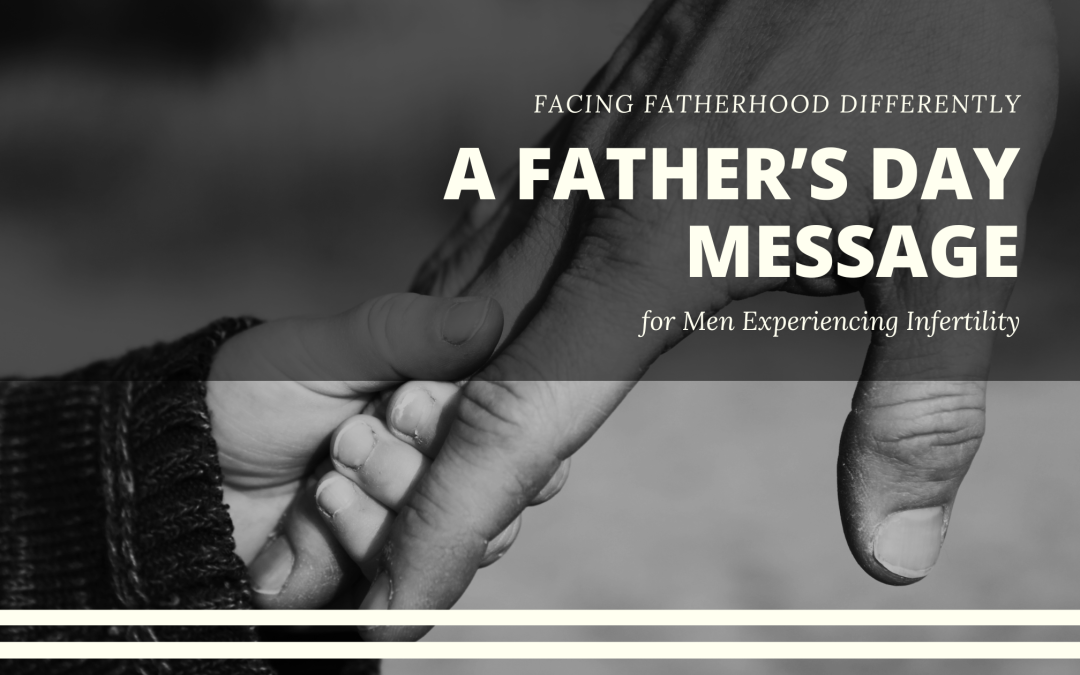When most people hear the word “infertility,” they immediately think of a woman struggling to conceive. However, here is a truth that is not talked about nearly enough: male factor infertility accounts for 40–50% of infertility cases worldwide.
That means nearly half of all couples facing infertility are dealing with challenges on the man’s side—and yet, resources, support, and open conversations for men are still lacking.
This Father’s Day, we want to send a message to the men navigating this journey: you are not alone, and your story matters.
What Is Male Factor Infertility?
Male infertility is typically diagnosed when a man has a lower chance of getting his partner pregnant due to issues with sperm quality or quantity. These issues generally fall into one or more of the following categories:
- Low sperm count (oligospermia): Fewer than 15 million sperm per milliliter of semen.
- Poor sperm motility: Sperm do not swim well enough to reach and fertilize an egg.
- Abnormal morphology: Sperm are irregularly shaped, which may prevent fertilization.
Sometimes, all three issues are present at once, making conception more difficult. Causes range from genetic conditions and hormonal imbalances to infections, environmental exposures, or completely unexplained reasons.
Pro Tip: The first step in assessing male fertility is a semen analysis. If you are trying to conceive and it is taking longer than expected, speak to a fertility specialist.
Four Reminders for Men Facing Infertility
1. You Didn’t Do Anything Wrong
It is natural to search for reasons—”Was it the tight jeans? My diet? Stress at work?”—but the reality is, most cases of male infertility are not caused by anything you did or did not do. While extreme lifestyle factors can play a role (such as substance abuse or exposure to harmful chemicals), most men with fertility issues could not have prevented it.
Let go of the guilt. You are not broken. This is a medical condition, not a personal failure.
Explore further:
2. Talk It Out—With Someone You Trust
Fertility struggles are emotionally draining, and men often feel pressure to “tough it out” in silence. But the truth is, expressing your feelings doesn’t make you weak—it makes you healthier.
Talk with your spouse. Write in a journal. Consider seeing a fertility counselor or therapist. Sharing your experience helps prevent isolation and deepens your emotional resilience.
Helpful links:
3. Don’t Dwell—Find Purpose in New Ways
Yes, it is important to process your emotions—but it is equally important not to get stuck in them. Constantly dwelling on what is not working can lead to anxiety, depression, or even obsessive thinking.
Instead, redirect your energy:
- Join a support group.
- Take up a new hobby.
- Travel somewhere meaningful.
- Volunteer or mentor.
Your life has value and purpose beyond your fertility status.
Supportive communities:
4. There’s Hope—Modern Paths to Parenthood
Even when traditional conception is not possible, there are innovative and meaningful ways to grow your family. In addition to traditional (domestic, foster, and international) adoption, one beautiful option many families do not know about is embryo adoption. Through this process, couples adopt embryos created by another couple’s IVF treatment. The embryo or embryos are transferred to your partner’s uterus, allowing her to experience pregnancy and childbirth—often a deeply healing experience for many.
Learn more:
Redefining Fatherhood and Masculinity
Fatherhood begins with love, commitment, and the desire to nurture—and is not defined by biology alone. If you are walking the road of infertility, this Father’s Day might bring mixed emotions. That is okay.
You are not defined by your sperm count. You are defined by your heart, your resilience, and your capacity to love.
Let us continue breaking the silence around male infertility and support one another with honesty, courage, and compassion.
You are not alone. You are still becoming the father you are meant to be.
To learn more about embryo donation and adoption, visit EmbryoAdoption.org.


Recent Comments